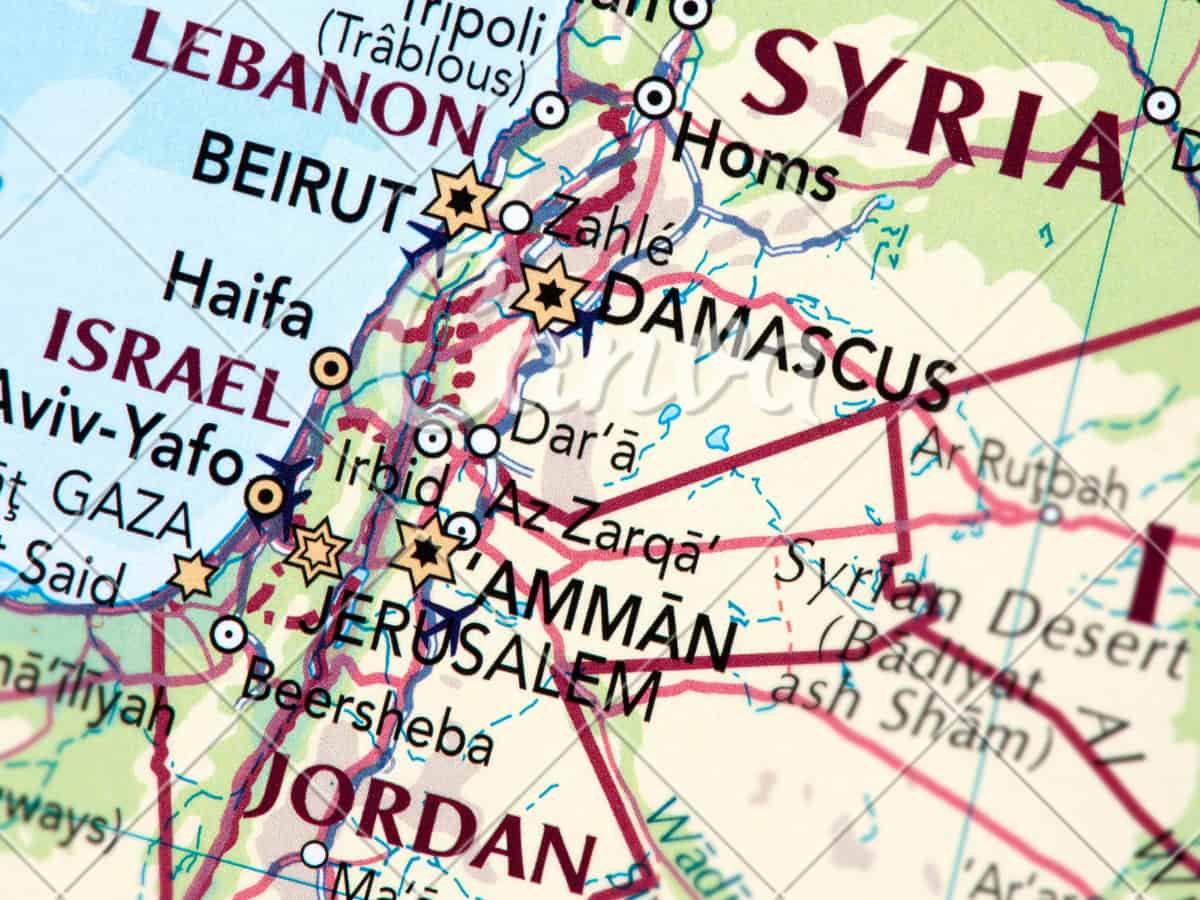
Jordan has announced the closure of the Jaber border crossing with Syria due to escalating security concerns amid intensified clashes in southern Syria.
Interior Minister Mazen Farrayah stated that while Jordanian citizens and trucks will be allowed to return, outbound traffic to Syrian territories is prohibited. This decision follows a series of clashes near the Nassib crossing in Syria, where armed groups allegedly infiltrated the area and attacked Syrian army positions, according to the Britain-based Syrian Observatory for Human Rights.
The Jaber crossing, located on the Damascus-Amman international highway and known as the Nassib crossing in Syria, was the sole operational passenger and commercial border crossing between the two countries. Since the onset of the Syrian civil war in 2011, this crossing has faced multiple closures, starting in April 2015 when it remained shut for three years. It was reopened in October 2018.
Escalating conflict in Syria
Since November 27, clashes between opposition forces and regime troops have intensified significantly. Opposition forces captured Aleppo on November 29 and subsequently gained control of Idlib province the following day. After securing these areas, they took Hama on December 5 after fierce battles with regime forces. On December 6, opposition fighters began advancing into neighborhoods in Homs, starting from the western al-Waer district, aiming to push toward the city’s center.
In early December, the Syrian National Army launched “Operation Dawn of Freedom” to thwart attempts to establish a terrorist corridor between Tel Rifaat in Aleppo province and northeastern Syria. This operation succeeded in liberating Tel Rifaat from PKK/YPG terrorists.
Lebanese army reinforcements
In response to the escalating violence in Syria, the Lebanese army has reinforced its deployment along the Lebanese-Syrian border in the Bekaa region. Lebanese security sources indicated that this move is a precaution against the potential increase of extremist groups reaching Lebanon due to intensifying clashes between the Syrian government and rebel groups.
The army has heightened its readiness and strengthened its presence along the 375-km border separating Lebanon and Syria. Units from the Airborne Regiment have been deployed to the eastern mountain range near the border, alongside land border guards assigned to monitor mountain paths and illegal crossings linking the two countries. Lebanon remains particularly concerned about a repeat of events from 2014 when armed groups from ISIS and Jabhat al-Nusra stormed the border town of Arsal, leading to significant casualties among soldiers and civilians.
Regional implications
Meanwhile, Lebanon’s General Directorate of Public Security issued a statement on December 6 announcing the closure of several land border crossings, particularly in northern regions, due to repeated Israeli attacks targeting these crossings. The statement emphasized that these closures are necessary to ensure safety for travelers across borders; however, the Masnaa border crossing will remain open for Syrian nationals under “temporary exceptional measures.”

